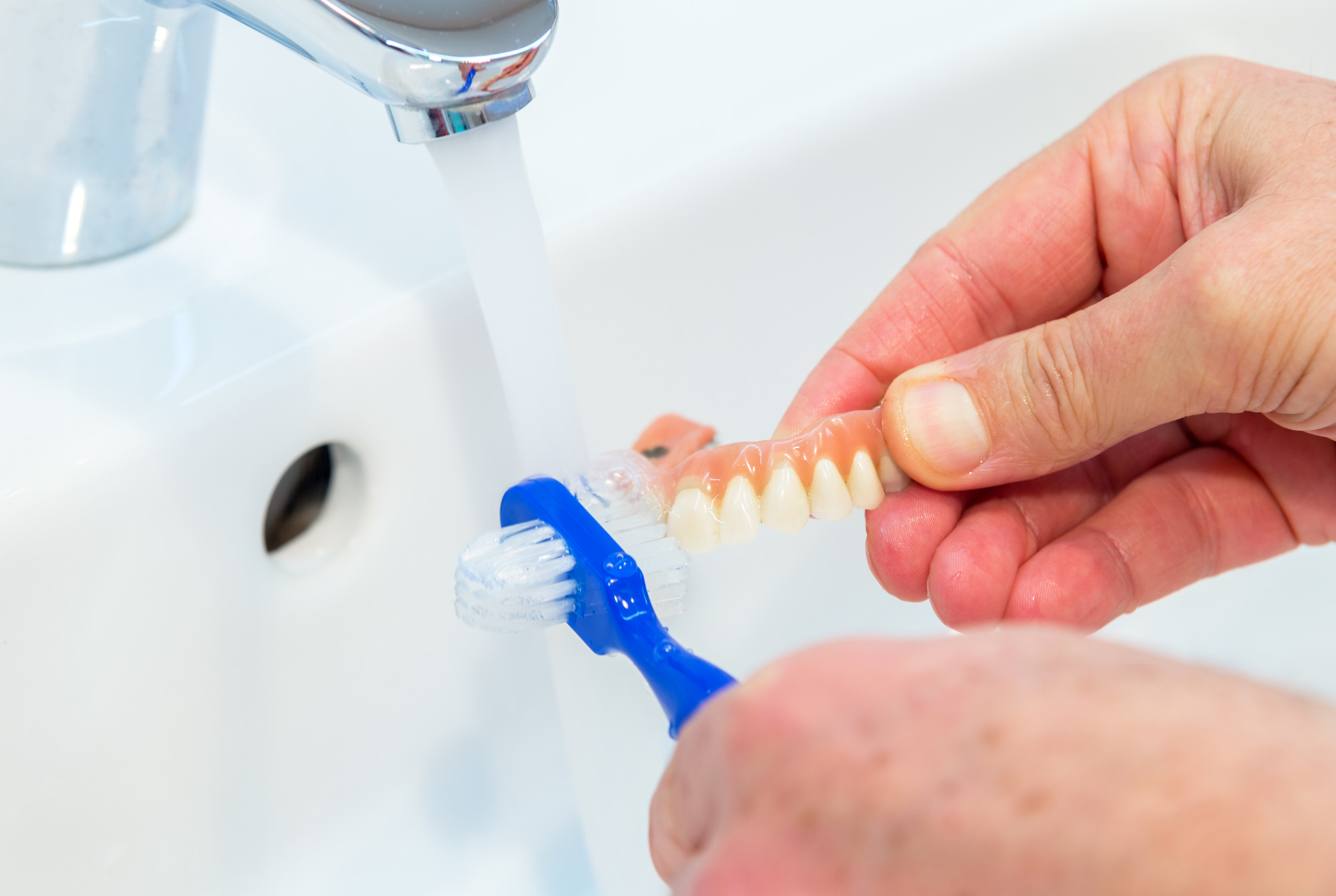Do you own dentures and want a better way to keep them clean? In that case, you might want to consider using a denture brush!
But just like regular toothbrushes, there are a few things to consider to find the best denture brush. It can go anywhere from efficiency to costs. So, how do you choose the right one?
Here’s a quick guide on how to choose the best denture brush.
Contents
Feel the Bristles
Compared to natural teeth, dentures are more delicate due to their material. Usually, it uses acrylic or plastic, making it prone to scratches and cosmetic damage. One way to provide extra care for your new dentures is by using specialized brushes.
Most denture brushes have softer bristles as opposed to regular toothbrushes. If the bristles are too harsh on the dentures, it compromises the quality. Moreover, bacteria could get stuck in between them.
Test the Handle
You want to be careful when brushing your dentures and ensure it gets cleaned well. In that case, it’s best to choose a brush that feels comfortable to hold.
The handle on a denture brush comes in a way that makes it easier to guide through your dentures. It ensures you can go through all parts of the dentures during cleaning. Some types of denture brushes come with different handle shapes to provide better grip and control.
Check Both Heads
A denture brush usually has two heads. It has a regular flat side and a smaller head with angled bristles. Each has a specific purpose, so you want to check how both feel.
When you learn how to brush dentures, you should know how each side works. The flat side is for smooth areas, while the smaller brush is for grooves, clasps, and other difficult-to-reach parts. Otherwise, if you don’t use the sides correctly, it could damage the dentures or collect bacteria, leading to mouth-related problems.
Consider the Size
Denture brushes also come in various sizes to cater to the user. They should be easy to hold to make brushing easier, so you might find them in several sizes or shapes. Be sure to pick a size or shape that feels comfortable on your hand.
Moreover, the bristles should match the size of the dentures. If you use a brush too big, the small bristles might not be enough to reach tighter spots. But if you get a brush too small, it might take longer to clean your dentures.
Evaluate the Cost
Different types of denture brushes will also vary in cost. Remember that the best option isn’t always the cheapest or priciest. You can find the best deal by checking the material, feeling the bristles, checking the hold, and tying it up with the cost.
Improve Dental Health With The Best Denture Brush
Learning how to care for your dentures means understanding how to keep them in top condition. One way is to clean it with an efficient denture brush. This way, you avoid damage and protect yourself from possible complications.
You can get more tips like this by checking out our blog.



